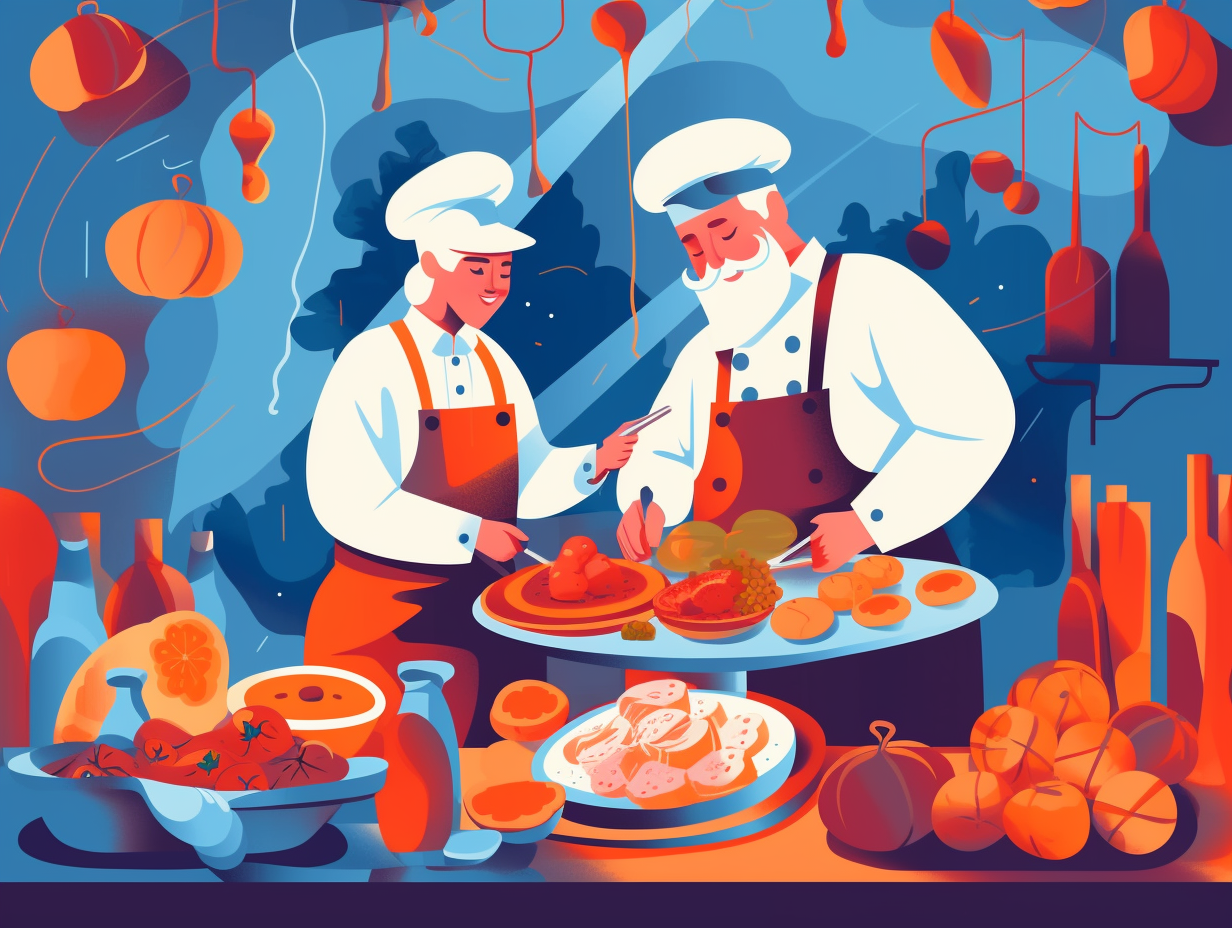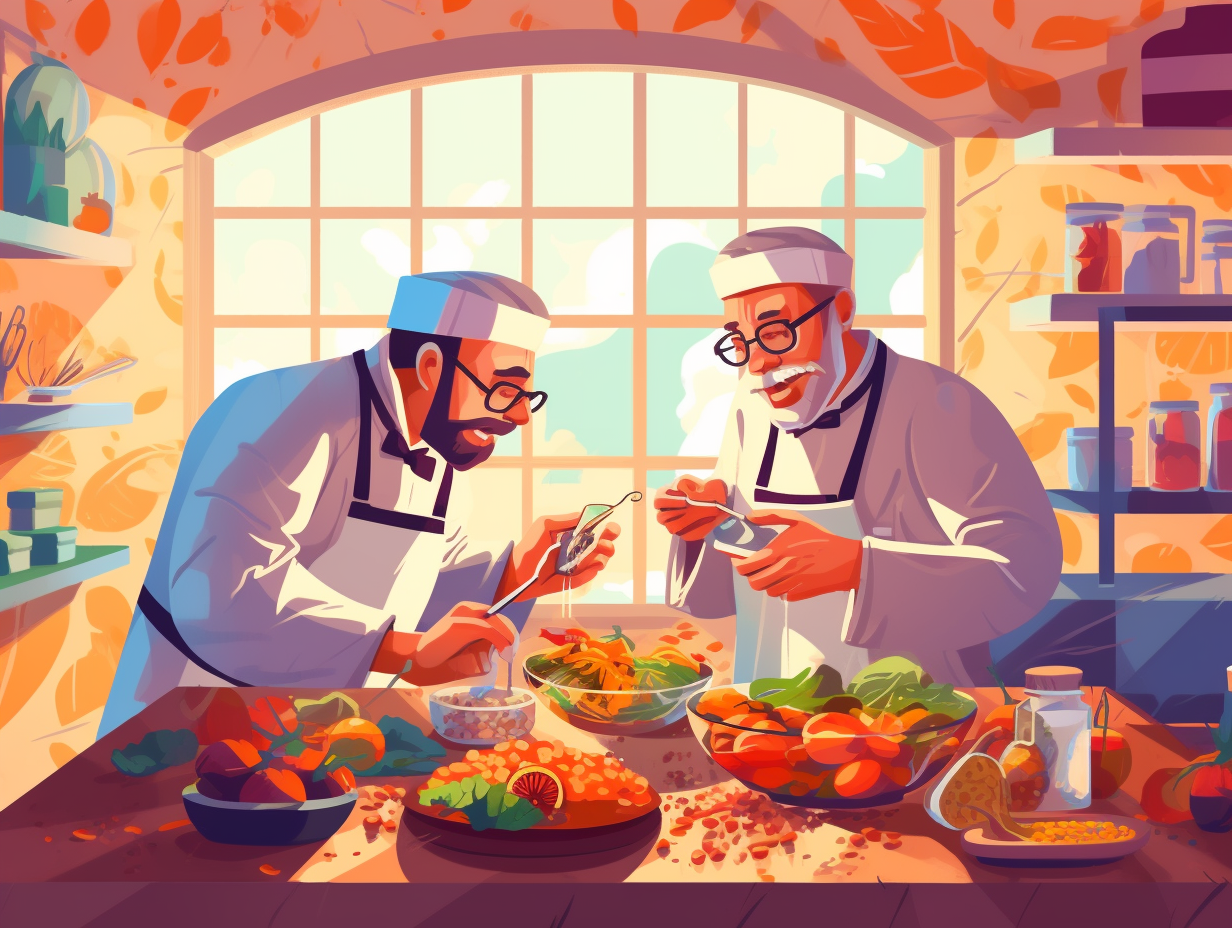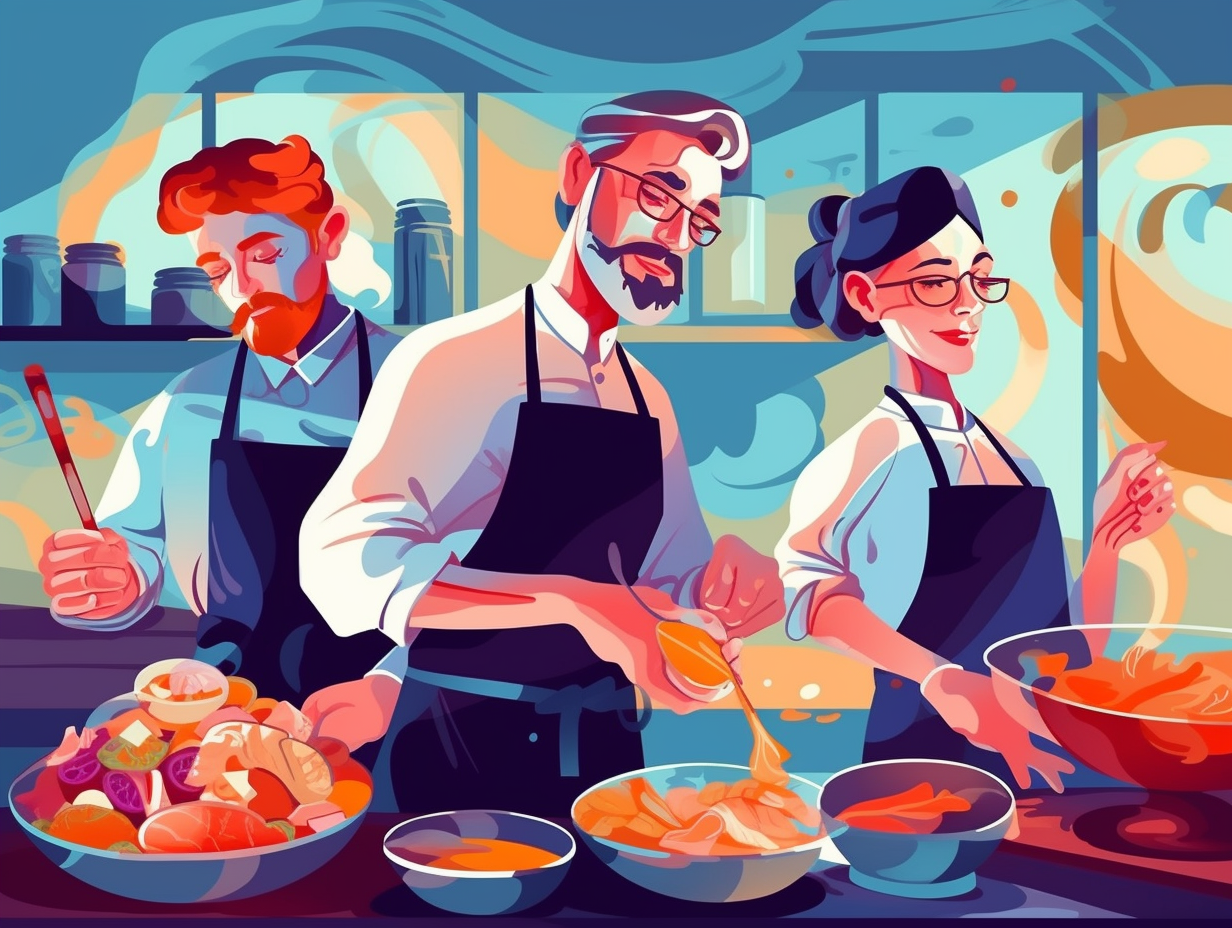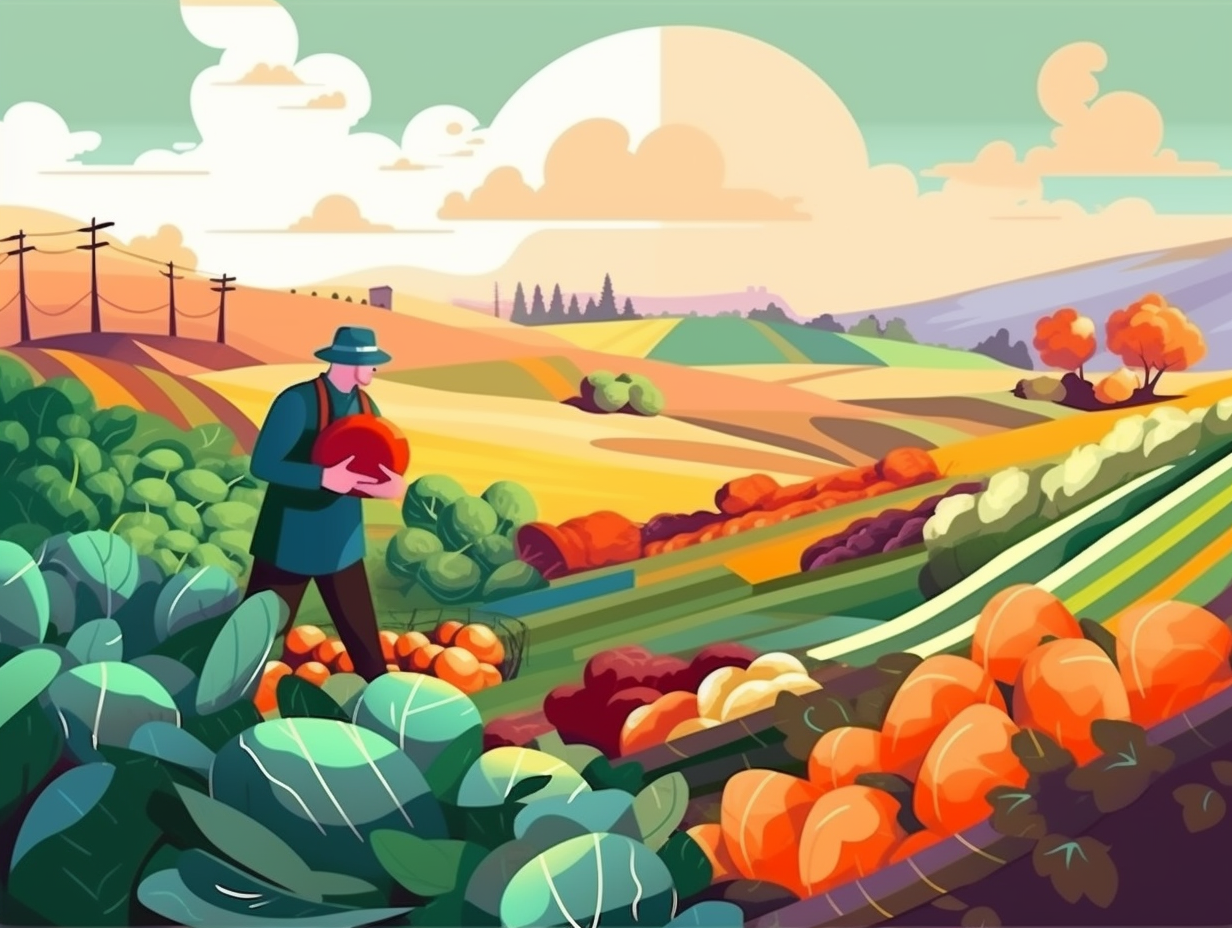Discover the World of Food Science: Top 11 Unbelievable Fun Facts About Food Scientists!

1. Dark Chocolate Brain Boost
Feeling coco-nutty and craving a chocolaty love affair with your taste buds? Brace yourselves, for what I'm about to reveal goes beyond just a sweet rendezvous: Consuming moderate amounts of dark chocolate, packed with flavanols and polyphenols, can actually improve brain performance, enhance your mood, and provide cardiovascular benefits, transforming your guilty pleasure into a potentially brain-boosting delight!
Source => universityhealthnews.com
2. William A. Mitchell's Food Inventions
Who's got the "pop" that rocks, the whip that cools, and a "space-age" zest for flavor? William A. Mitchell, that's who: a food scientist extraordinaire who invented culinary delights like Pop Rocks, Cool Whip, and Tang. With over 70 patents under his proverbial lab coat, Mitchell turned the food industry into a delicious cosmic cocktail of invention and innovation.
Source => toastykettle.com

Did you know the original Caesar salad recipe didn't include anchovies? Discover the surprising ingredients that made this classic dish famous! 🥗🚫🐟
=> Fun Facts about Cooking
3. Cultivated Meat Revolution
Lo and behold, the Franken-burger cometh: Food scientists have cooked up cultivated meat, aka cultured meat, by brewing animal cells in bioreactors, bypassing the whole "raising and farming animals" thing and saving the planet in the process. With over 150 companies across 6 continents backed by $2.6B in investments since the Franken-burger's live TV debut in 2013, this faux-flesh not only tastes like the real deal but is truly a monstrous success.
Source => gfi.org
4. Sweet Taste of Salt
It's time to spill the salt on the sweet secret of food scientists: Food aficionados have discovered that the protein sodium-glucose cotransporter 1 (SGLT1), which primarily shuttles glucose into cells for energy in kidneys and intestines, is also found in sweet-responsive taste cells, playing an unexpected role in enhancing our experience of sweetness when combined with a pinch of salt – explaining why we can't resist that salted caramel goodness!
Source => science.org

5. Secret Meeting Against Obesity
In the underworld of food science, a covert meeting of culinary masterminds gathered in 1999 to strategize the takedown of an imminent threat: the obesity epidemic, plotting with test tubes and petri dishes in hand: This secret assembly of food industry executives, including Pillsbury's very own chemist James Behnke, exchanged ideas on utilizing food science to understand the perils of processed foods, and marketing healthier eating habits to the young and impressionable. Alas, their noble mission faced resistance from some hardened CEO hearts, leaving the battle against unhealthy foods ongoing.
Source => nytimes.com
6. Debunking Guacamole Myth
Guac around the clock: if you're pitting your hopes on preventing your guacamole from going brown by nestling an avocado stone within it, you're in for a fruitless endeavor. It's a rock-hard myth, as food scientist Karen Schaich from Rutgers University clarifies - it's actually the enzyme polyphenol oxidase causing oxidation that leads to the browning and decay, and the pit does nothing to stop that party. To keep that guac green and clean, treat it like the diva dip it is - serve it fresh off the press, let the avocados flaunt their bulk, and don't let them mingle with oxygen by coating them with the protective armor of water or citrus juice.
Source => inverse.com
7. Taste Buds & DNA
Ever wondered why your best friend absolutely loves Brussels sprouts while you can't help but gag at the mere sight of them? Well, it appears the secrets of our taste buds might just lie within our DNA: Studies have shown that specific genetic variants, such as TAS2R38, are linked to perceiving bitterness, while others like rs1761667 are associated with greater responsiveness to the taste of fats. So, the next time you're battling your sweet tooth, blame it on your genes!
Source => ncbi.nlm.nih.gov
8. Older Eggs for Easy Peeling
Egg-sperts in cracking mysteries: Food scientists reveal that older eggs are the true heroes of hard-boiling, as they peel like a dream compared to their fresh siblings, given that the clever air cell inside helps the egg contract and pull away from its shell during longer storage periods.
Source => prevention.com
9. Spice Analysis & Heat Measurement
Biting off more than they can chew, food scientists add spice to the food world, throwing Scoville Scales and soup-er High Performance Liquid Chromatography machines into the mixing pot: They analyze the chemical composition of various foods while fine-tuning the flavors and food safety, and even measure the heat and pungency of chili peppers and other burn-your-taste-buds delights.
Source => chilipeppermadness.com

10. Seedless Watermelon Puzzle
What do watermelons and puzzles have in common? They both come in seedless varieties, thanks to some fruit-loving scientists: Food scientists developed seedless watermelon varieties using chromosome doubling technology, created by Japanese scientist, Professor H. Kihara, in 1951, and now half of the watermelons grown in California are seedless, though their seeds are five to eight times more expensive than conventional seeds.
Source => uaex.uada.edu
11. Edible Insects Protein Alternative
"Bugging out" over the world's protein demands? Food scientists are getting creative and shaking things up in our grocery aisle: They're exploring edible insects as a sustainable and nutritious alternative to traditional protein sources, with applications ranging from meat products to bakery items – nutritious, environmentally friendly, and invariably crunchy!
Source => sciencedirect.com
Related Fun Facts




















